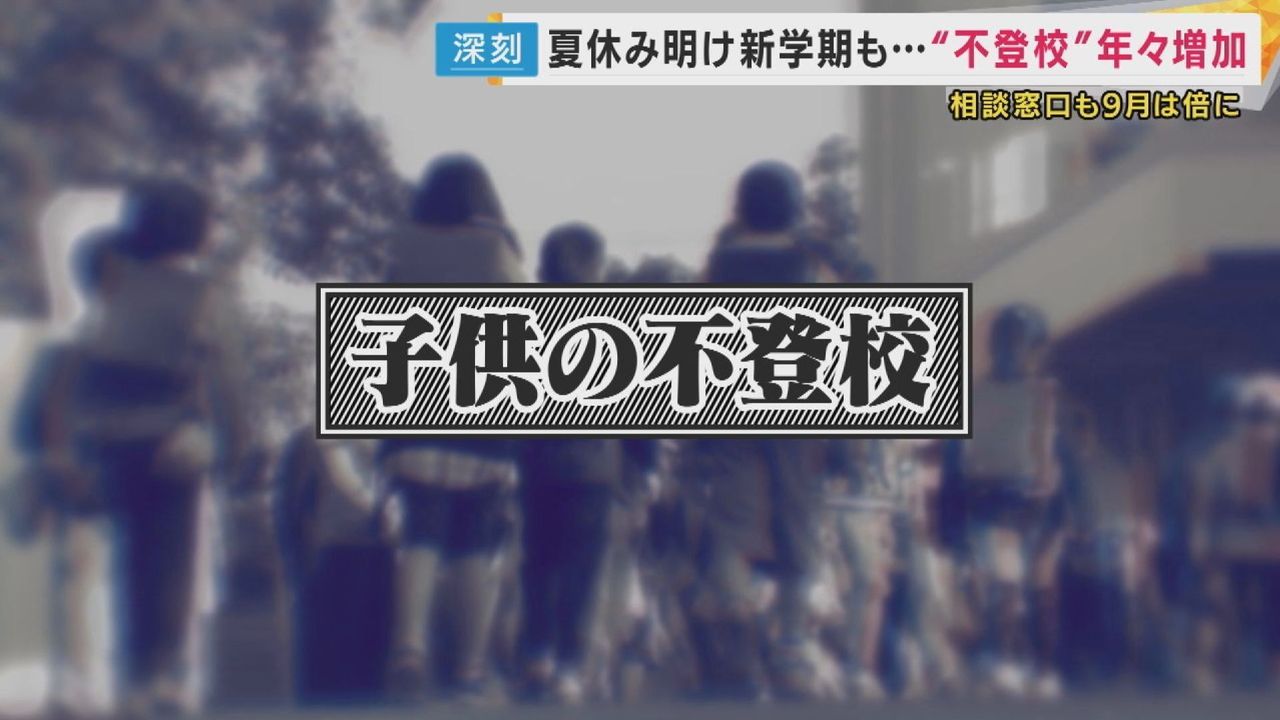Reports indicate that parents in Japan are increasingly experiencing feelings of loneliness and isolation related to their children's refusal to attend school and their own resignation from work ('futoukou rishoku'). While specific instances regarding when and where are not explicitly mentioned, the issue has been escalating over time due to societal pressures and expectations. Parents are faced with the predicament of choosing between their careers and their child's educational needs, leading to a domino effect impacting various aspects of their lives, creating a sense of social isolation and loneliness.
In Japan, the topic touches on the societal values of responsibility, education, and career commitment. School non-attendance ('futoukou') is a significant issue in Japan, often linked to social pressure and bullying, and it frequently leads to parents quitting their jobs to support their children. This results in the 'rishoku' phenomenon - a term used to describe parents who have resigned from work. The concern about such parents' mental health and social isolation is an important discussion in Japanese society.
In contrast, in the U.S or EU, there's more institutional support for parents dealing with children who refuse to attend school. Many families have access to school psychologists, social services, and alternative education programs. Although these countries also encounter issues with school non-attendance, the parents' need to leave their jobs is less common, making the social isolation phenomenon less prominent.

